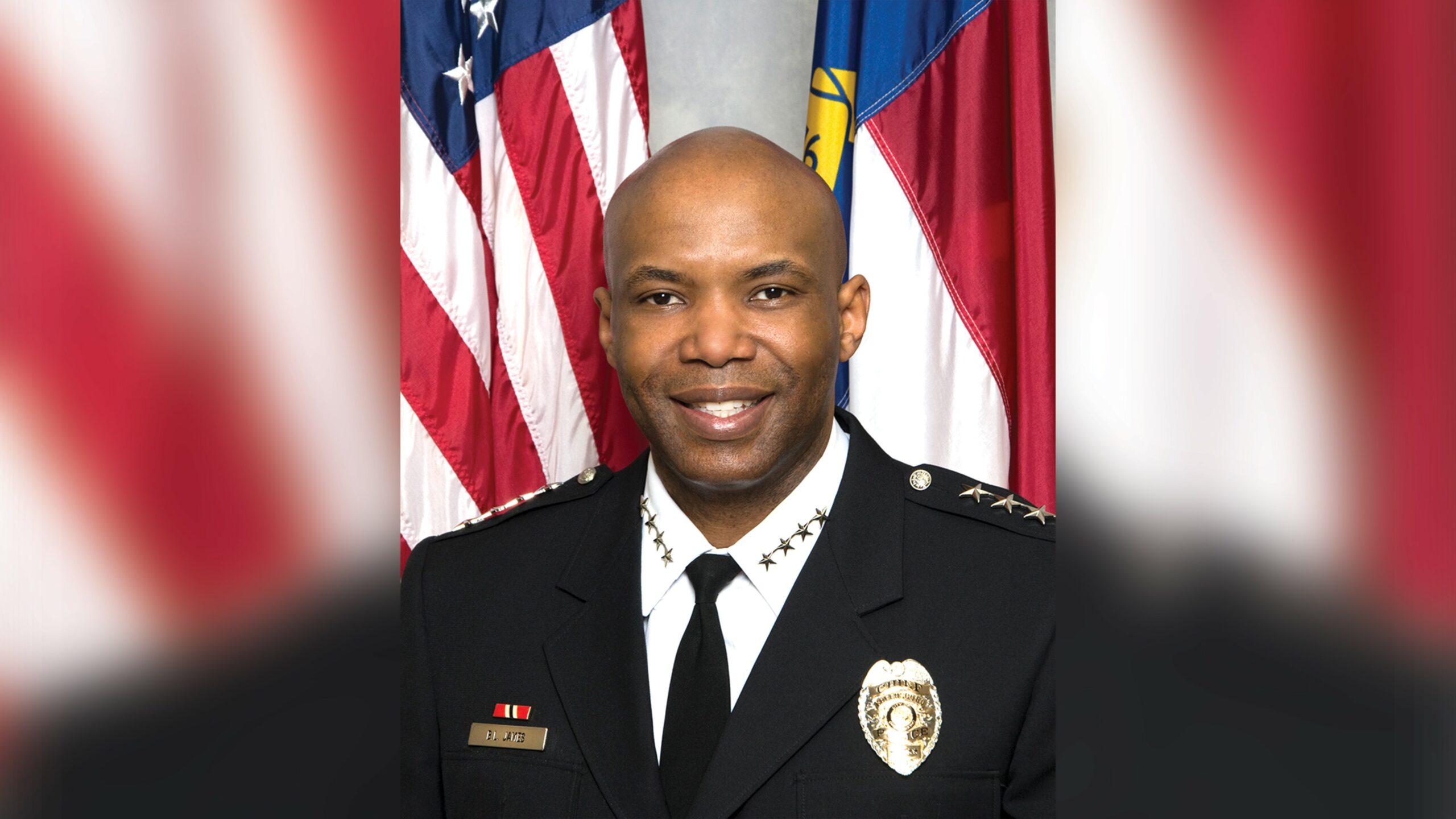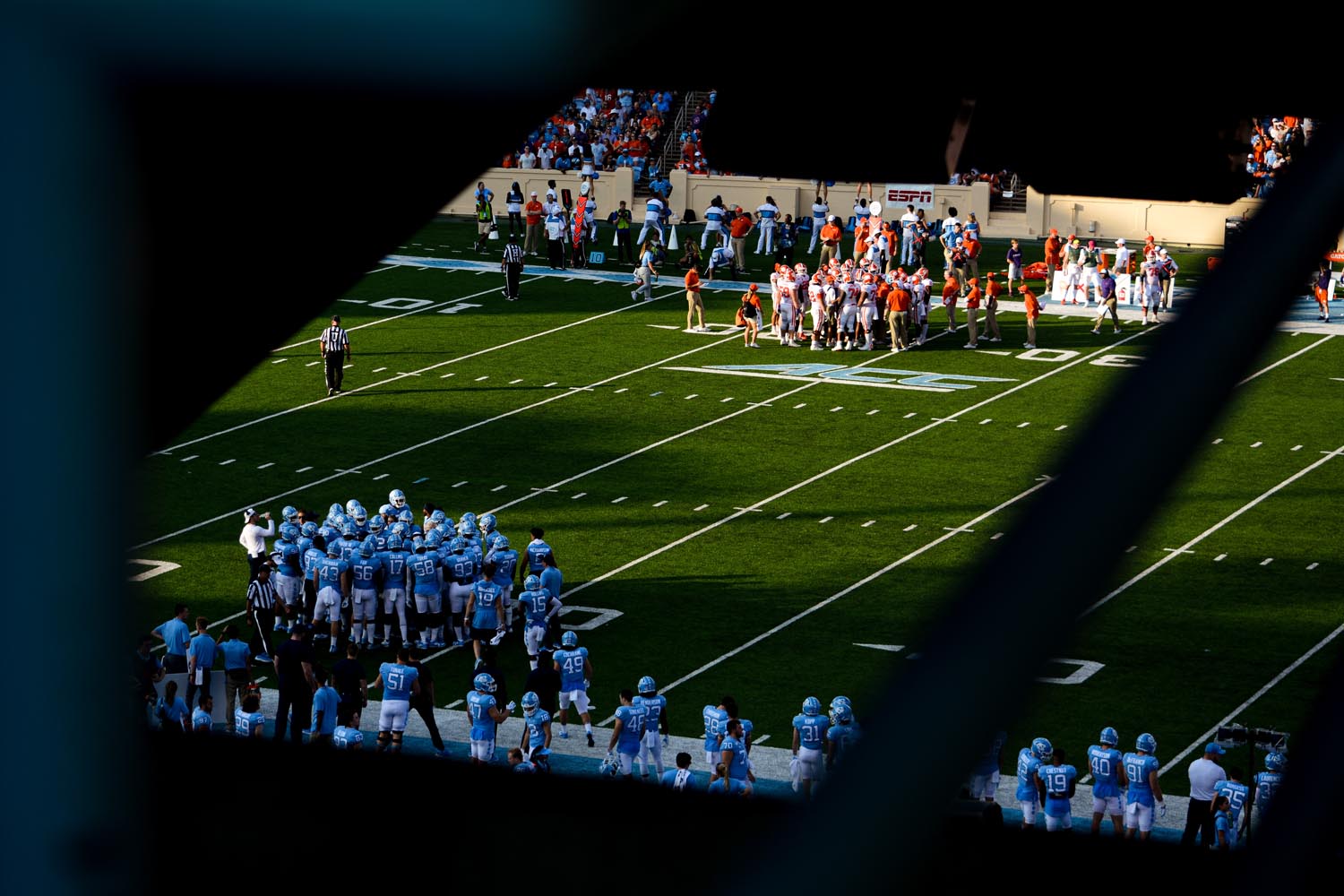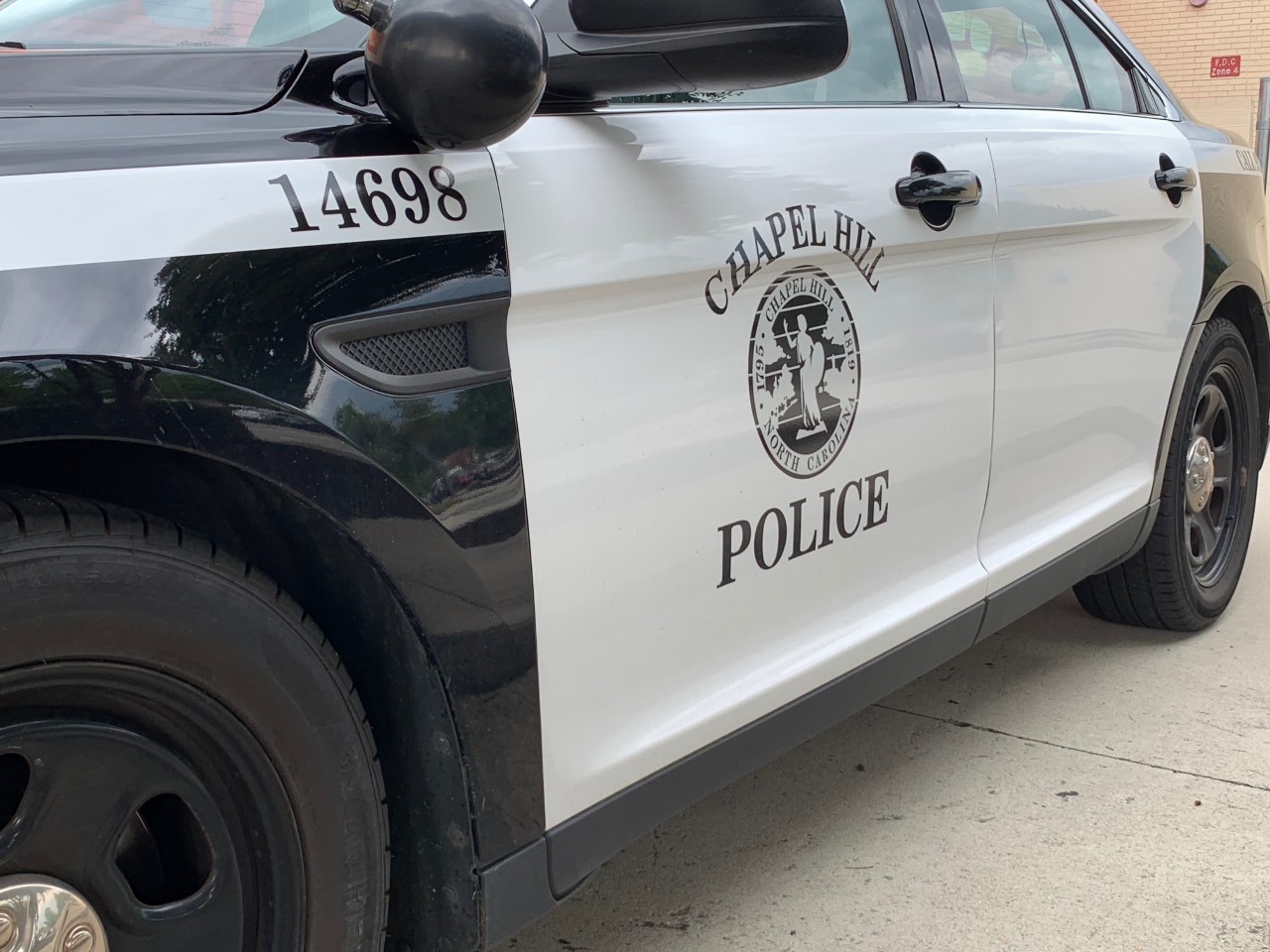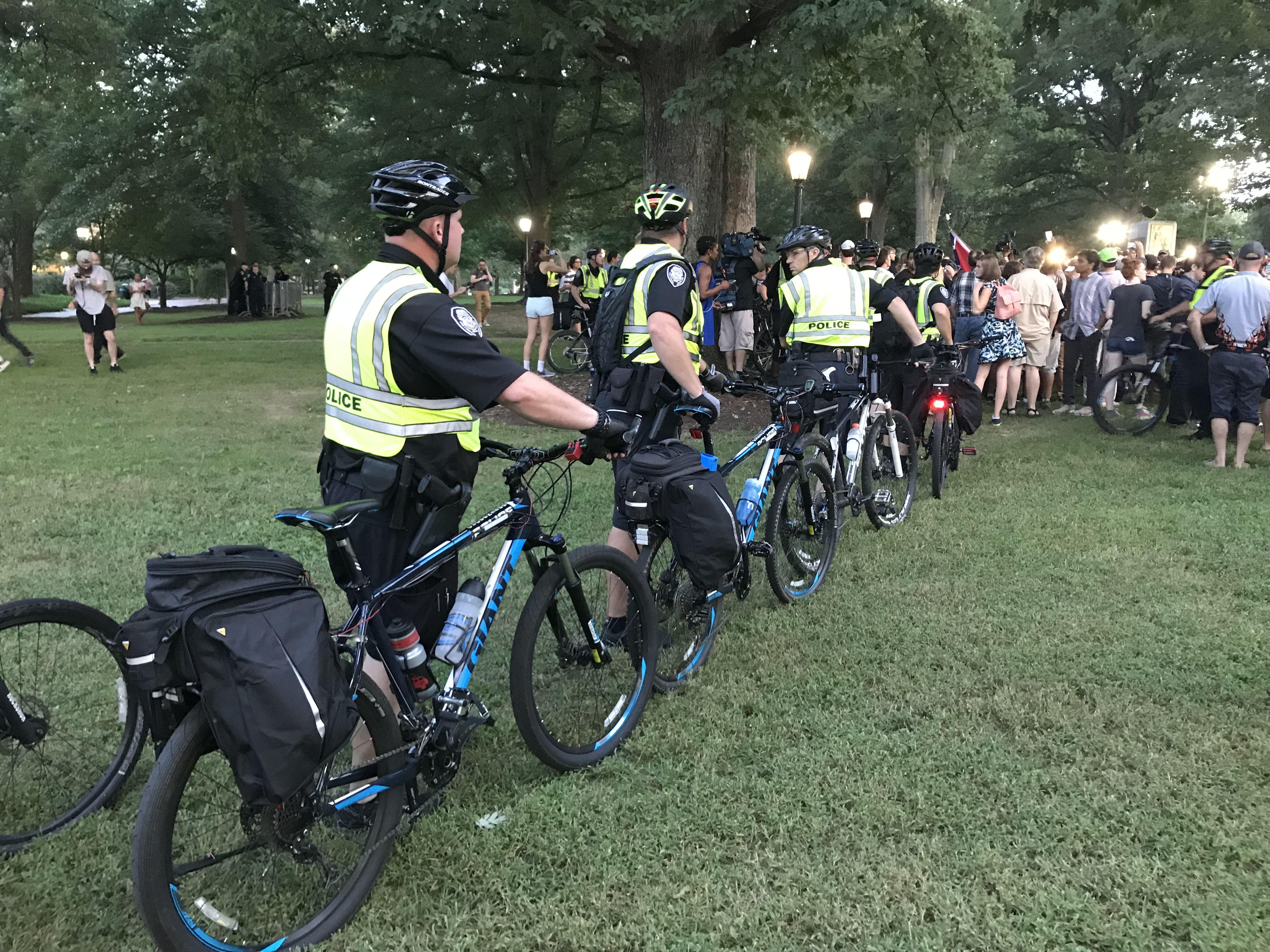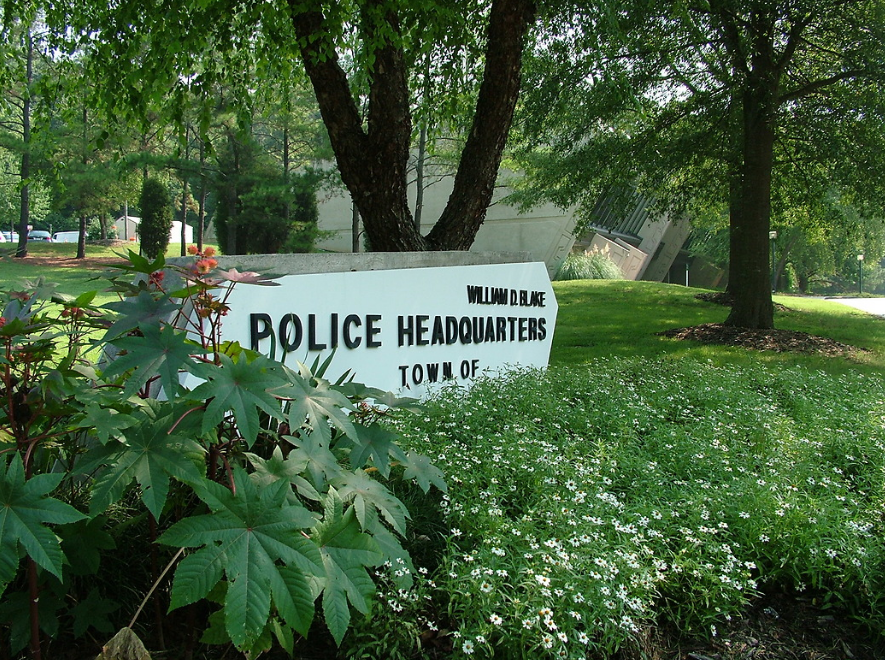One UNC professor examined racial disparities in the justice system by looking at North Carolina’s 20-million routine police traffic stops since 2002.
As racial inequity and unfair policing continue to be brought to the world’s attention with current protests, more and more questions are being raised about how deep this systematic inequality runs.
Frank Baumgartner is a Distinguished Professor of Political Science at UNC, known for his research on racial dynamics in the criminal justice system. His most recent work examines statistics of racial disparities in a range of criminal justice outcomes such as arrests, prison terms, the death penalty and routine traffic stops.
Having worked in the public policy arena for almost 40 years, Baumgartner is also the author of 10 books. One of his most recent books is called Suspect Citizens: What 20 Million Traffic Stops Tell Us about Policing and Race.
What this book comes down to is that, yes, racial inequities are as severe as those in the activist movement are claiming. Baumgartner said it’s true that police behave very differently depending on where you end up on the “two sides of town.”
“On the side of town where there’s a lot of middle class to upper-middle class people, the police are quite polite, hands-off and they’re not very visible,” Baumgartner said. “But on the other side of town in areas where there’s a higher incidence of crime, which tends to be more minority and poorer areas where there’s more poverty, police behave quite differently.”
He said policing is very sensitive to geographic location, meaning that police behave very aggressively in what they consider to be “high crime areas.”
“I’m not sure whether that’s just a code word for black areas versus white areas, but statistically speaking it correlates really strongly with race,” Baumgartner said. “So black Americans experience really different kinds of policing than white Americans on average.”
While Baumgartner said this may be hard for white Americans and police to wrap their heads around and recognize, it’s statistical fact. He said you can clearly see differences in treatment just by looking at the 20 million traffic stops in North Carolina since 2002.
Looking at this data, Baumgartner said black drivers are twice as likely to be pulled over in comparison to white drivers. He said that doesn’t make sense statistically since driving is associated with wealth and those in a lower-income bracket are less likely to have access to a car and more likely to use public transportation.
“So there’s about a 20 percent difference in how much white and black Americans drive and yet black Americans are still more likely to be pulled over,” Baumgartner said. “Then, once they’re pulled over, black drivers are about twice as likely to be searched than white drivers. So when you multiply those things together that’s a 400 percent difference in the odds of being searched for white and black North Carolinians.”
He said the courts have always supported the idea that the police can pick and choose which lawbreakers to pull over and when to use their discretion to enforce any given law.
“They don’t have to enforce the law every time they see it be broken,” Baumgartner said. “They can use their judgement to enforce it selectively and so that’s where we see implicit bias come in and differential enforcement of the law – in these cases where there’s laws that are very routinely not enforced.”
According to Baumgartner, whenever that much personal discretion is used, there is going to be a racial and identity element to it. He said differences in treatment are even greater for males in comparison to females. He said policing isn’t only highly racialized, but also highly gendered.
“Police treat men and women quite differently and I think it corresponds to this concept of the criminal suspect,” Baumgartner said. “From the police perspective, the criminal suspect is a young man of color.”
He said this fear of being discriminated against and having the statistically higher probability of being wrongfully policed has become a part of the black American experience.
“White Americans just need to recognize it and there’s all kinds of words that are used for it and one of the words is ‘white privilege,’” Baumgartner said. “A lot of white people take umbrage to that because they think they work hard and they don’t have any particular privilege but the lack of a disadvantage is an advantage.”
Chapelboro.com does not charge subscription fees. You can support local journalism and our mission to serve the community. Contribute today – every single dollar matters.


